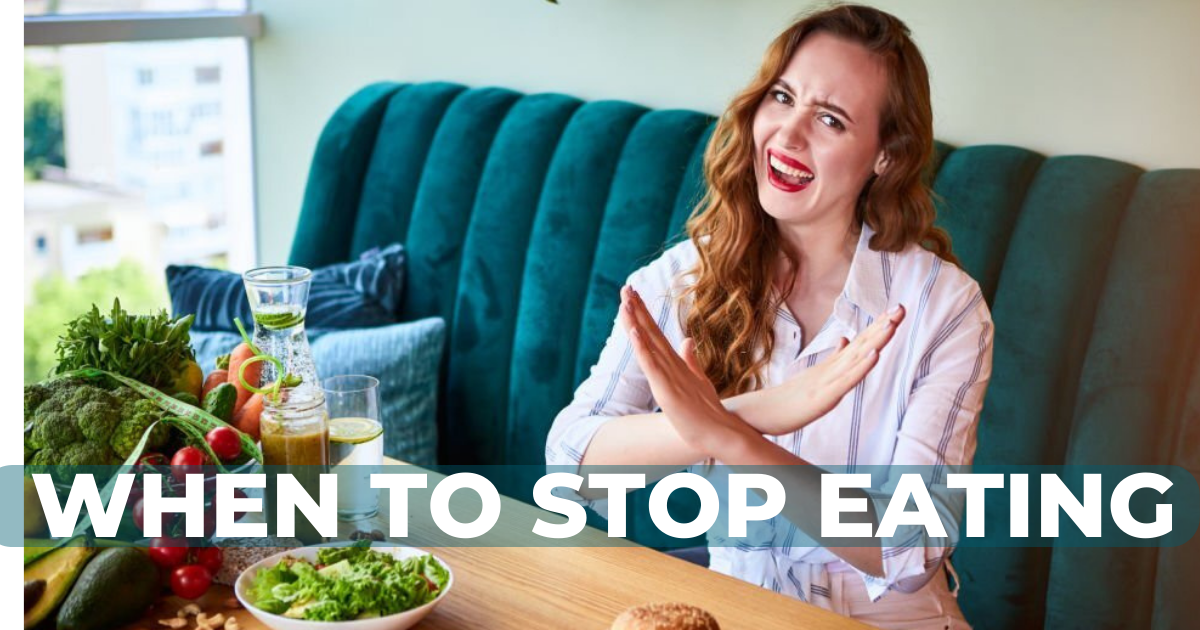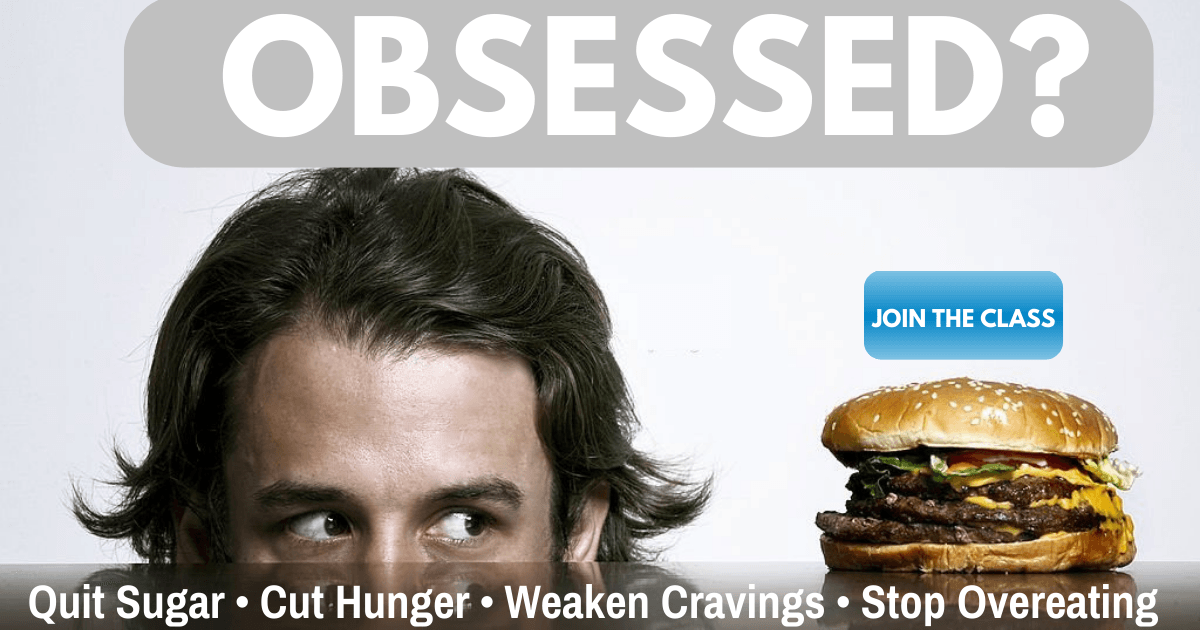
HOW TO STOP EATING
Meal termination is one of the most important determinants of food intake. If you know when to stop eating, you’ll be able to control how much you eat.
You may rely on fullness, or the amount of food on your plate, to know how much you should eat. However, science shows that the best indicator that you should end your meal is, in fact, taste.
We perceive the taste of food to be the most pleasing in the beginning of a meal, then it starts to decrease. Studies show that if we stop eating when we sense that the taste of the food subsided, instead of when we feel full, we’ll be able to limit our food intake better.
To understand this phenomenon we need to understand there are two types of satiety. The first, alimentary alliesthesia, is what we normally think about after we eat—how full we feel, how distended our stomachs are and how little we want to continue eating no matter what food is on offer.
But there is a second kind of satiety the French and other Epicurean cultures pay a lot of attention to. It’s the sensory pleasure we get out of each bite of food—the actual sensations that shape our perceptions of taste.
Sensory Specific Satiety
This is known as sensory specific satiety and it's responsible for a phenomenon that surprises most Americans: It is virtually impossible to increase the joy out of food by eating more of it.
In fact, the reverse is true: The more you eat, the less additional pleasure you get from each bite.
Discovered by French physiologist Jacques Le Magnen, sensory specific satiety describes how taste buds sensitize quickly and adapt to flavors in a way that makes each bite less novel.
Habituation is the driving force behind sensory specific satiety. It’s why the first slice of pizza tastes better than the third. It’s why you won’t smell the fish you cooked in the kitchen unless you leave and come back later.
It doesn’t take much to exhaust the chemical sensors in our taste buds. After just a few bites, taste and smell attenuate to the point there is very little to experience. Sensory specific satiety explains why the French and other foodie cultures eat less. Their awareness of decreasing pleasure prompts them to stop eating earlier than other cultures.
It’s this awareness of waning pleasure that we must cultivate if we’re to make the science work for us. More on how to do that a bit later. First, we’re going to go more in-depth about sensory specific satiety.
Why Our Taste Buds Bore Easily
Scientists believe we developed sensory specific satiety as a survival mechanism. Eating a lot of different food was the only way to get the full spectrum of vitamins and nutrients needed to survive. By developing taste buds that tired easily of the same food (“What, woolly mammoth again?!”) we developed a strong disposition toward variety.
This helps explain why Epicurean cultures tend to have many more courses in a meal than we do. Variety, not bigger portions, helps them get more pleasure out of food.
Sensory specific satiety is a much-studied phenomenon. Here’s a recent example: Two groups were asked to eat their favorite crackers. The people who had larger portions (15 crackers) reported significantly lower enjoyment than those who had eaten the smaller portion (three crackers). We'll go more in-depth into this research a little later in this article.
For now, know that it’s the last bite of food that determines overall taste evaluations. The more you eat a large portion the more you dull the ability of your taste buds to experience the flavors. By the time you get to that last bite you may not taste anything at all.
Studies point to an inescapable conclusion: The more you eat the less you enjoy. There is no accumulation of pleasure with each bite of food. Instead, sensory pleasure peaks at the first bite and declines with each additional bite.
Again, studies show that people instructed to eat a food “until the pleasantness of the flavor subsided” ate less than participants instructed to eat “until the stomach felt full.” Why would this be? Because you eat less when you pay more attention to your taste buds than to your belly.
Research On How To Stop Overeating
In order to demonstrate this effect, a study was conducted on 9 women. They were divided into 4 groups : a baseline group that was asked to eat cereal until they felt satified, a group that was asked to eat until they felt full, a group that was asked to eat until the flavor of the cereal is no longer pleasant, and a group that was asked to eat while watching television.
After measuring their intake, the researchers found that the group that relied on taste to know when to stop eating and the baseline group had the lowest cereal intake.
While the fullness group and the television group had the highest intake [1]. The fullness signal can be deceiving since you can’t know the same instant you stopped being hungry, and it creates a delay between fullness and meal termination. Eating with television on can distract you from the eating experience and you might overconsume without paying attention.
This study shows that relying on taste might be the best option to limit our food intake.
Another study by the same researcher, similary to the first one, assigned 40 women into 4 groups, this time using water-based solutions : a baseline group, a group that was asked to drink until they’re full, a group that was asked to drink until the flavor subsided, and a group that was asked to drink while watching television.
The researcher found that the taste group consumed the lowest volume of the three solutions, and the group that relied on fullness consumed the highest volume of all the groups [2].
One more study by the same researcher followed the same methods using rice puddings. 40 non-obese women were divided into 4 groups : a baseline group, a fullness group, a taste group, and a television group.
Once again, it was found that the taste group had the lowest rice pudding intake. They also reported a significant decrease in hunger. Showing that relying on taste to end our meals can limit our food intake and protect us from overconsumption [3].
How To Stop Eating: Conclusions
Focusing on the taste can be a healthier way to limit food intake than traditional methods. As it puts the brain in a pleasure-focused mindset, rather than a restriction-focused one. Which may allow for a stronger commitment to the intake reduction, and a more relaxed but effective weight-loss plan. Especially if it turns into a habit.
Moreover, in the last study, the taste group participants were a lot less hungry after eating rice pudding after the taste subsided. This means that the amount of food consumed was just enough to reach fullness, and that this strategy, unlike food restriction [4], will probably not make them overconsume after the meal.
To learn how to "eat until the pleasure of the flavors subside", check out the science-based online course, Neuroslim.
References :
1. Poothullil J. M. (2002). Role of oral sensory signals in determining meal size in lean women. Nutrition (Burbank, Los Angeles County, Calif.), 18(6), 479–483.
https://doi.org/10.1016/s0899-9007(02)00784-0
2. Poothullil J. M. (2005). Recognition of oral sensory satisfaction and regulation of the volume of intake in humans. Nutritional neuroscience, 8(4), 245–250.
https://doi.org/10.1080/10284150500449029
3. Poothullil J. M. (2009). Meal termination using oral sensory satisfaction: a study in non-obese women. Nutritional neuroscience, 12(1), 28–34.
https://doi.org/10.1179/147683009X388869
4. Hill, A. (2004). Does dieting make you fat? British Journal of Nutrition, 92(S1), S15-S18. https://doi.org/10.1079/BJN20041135


